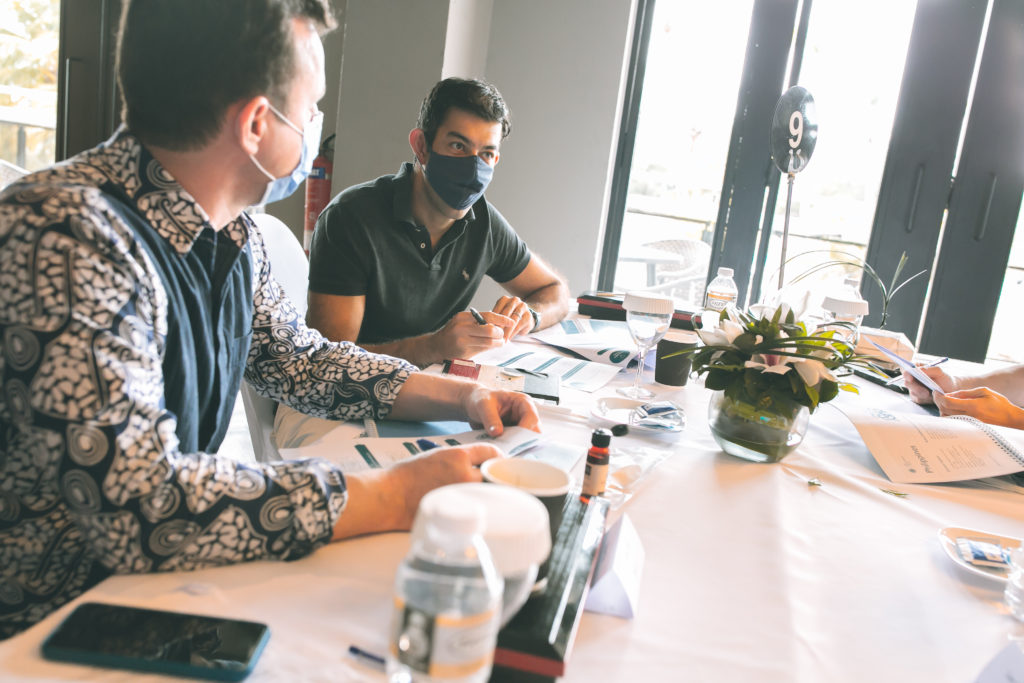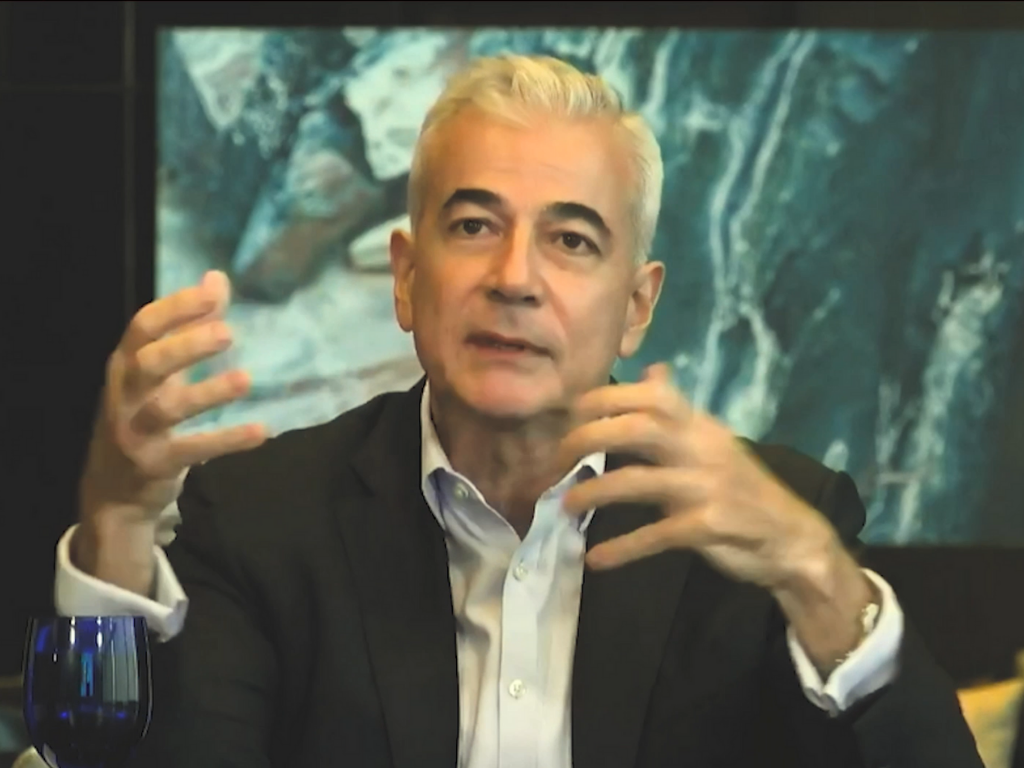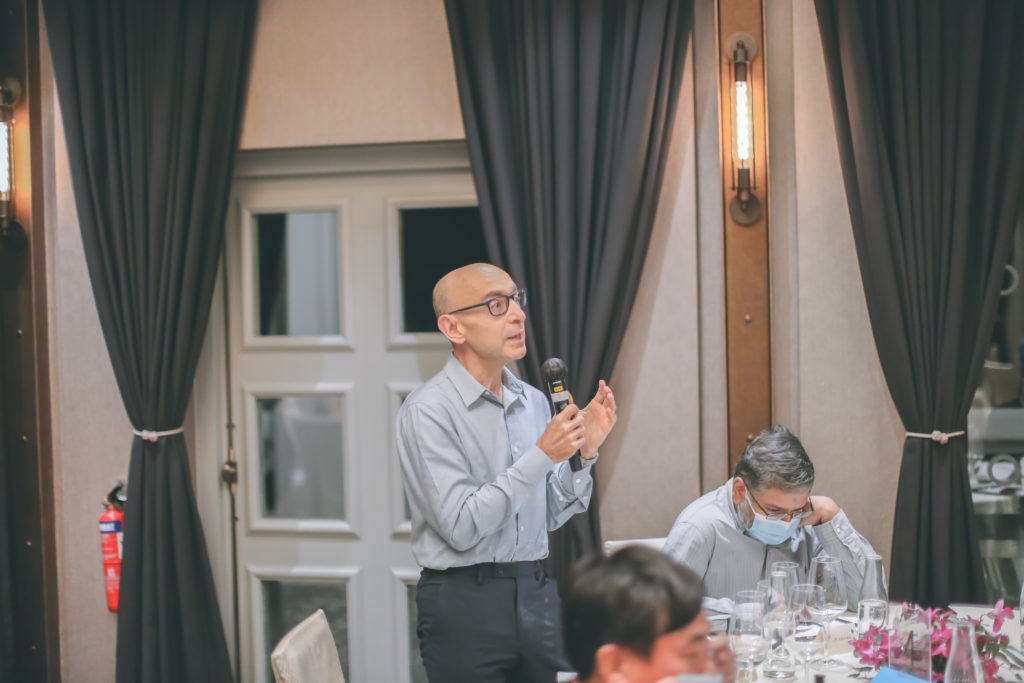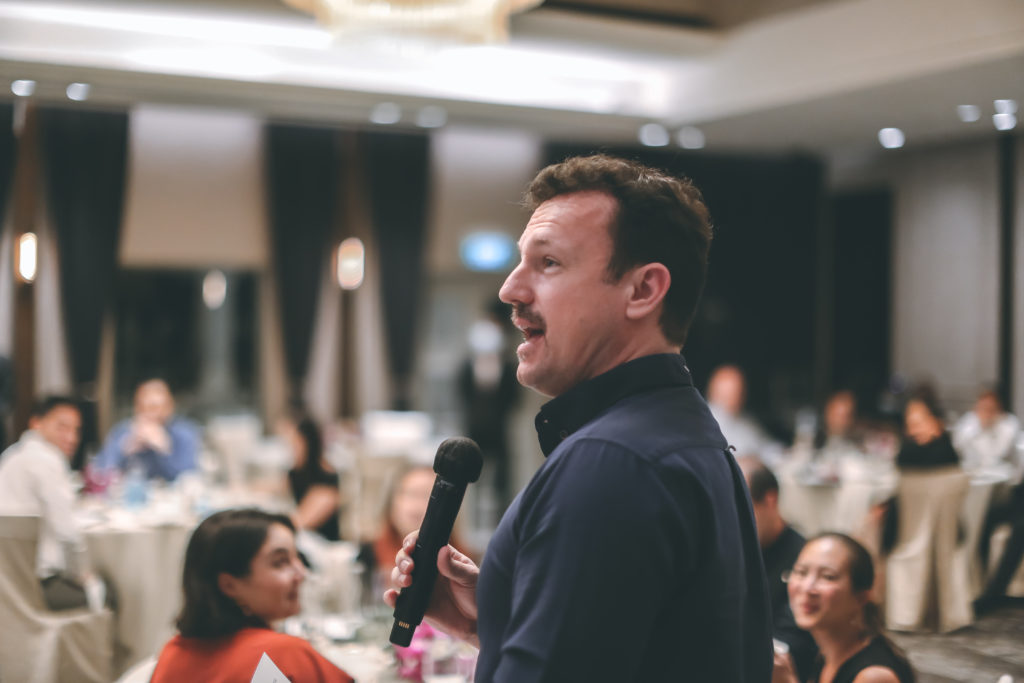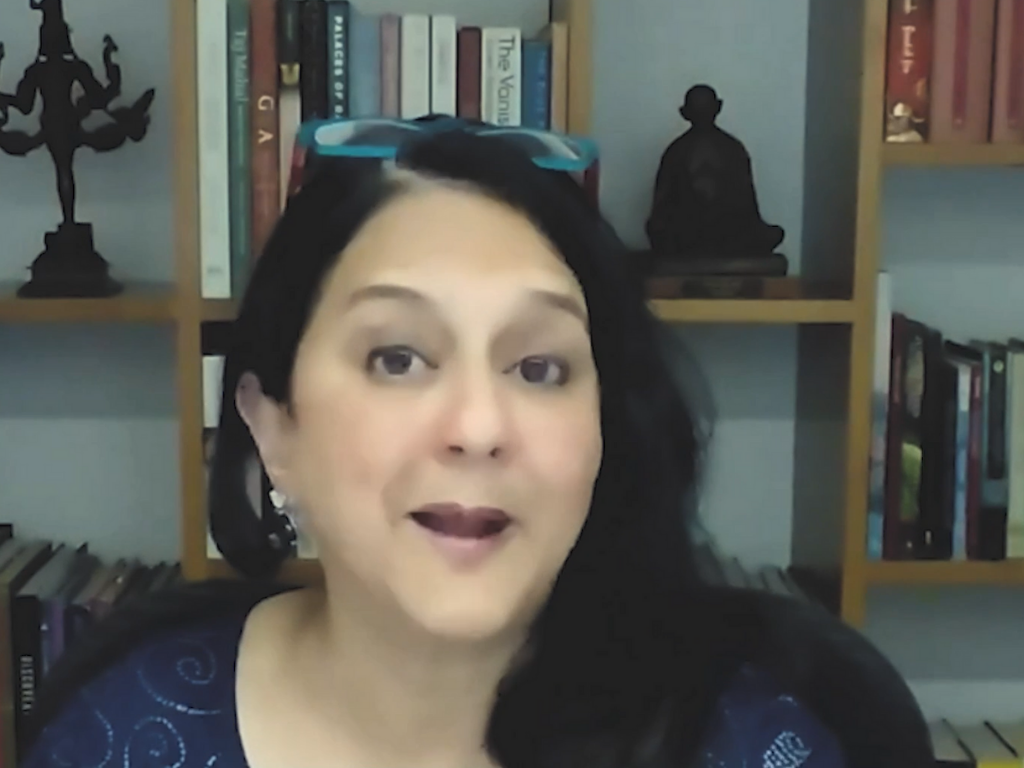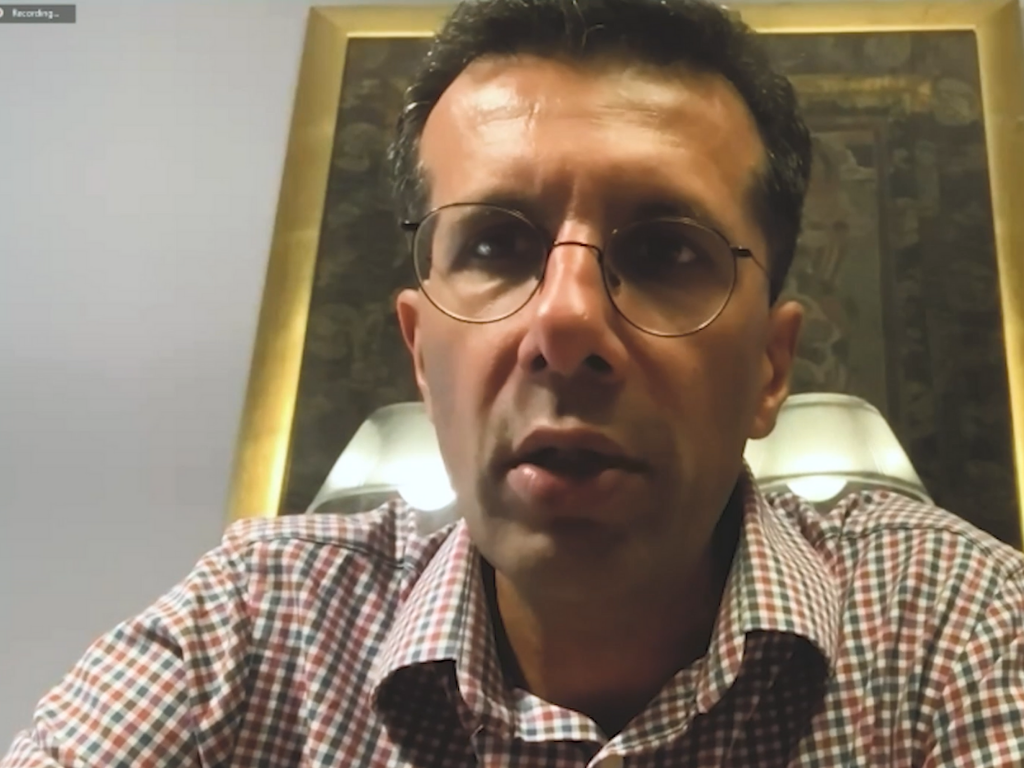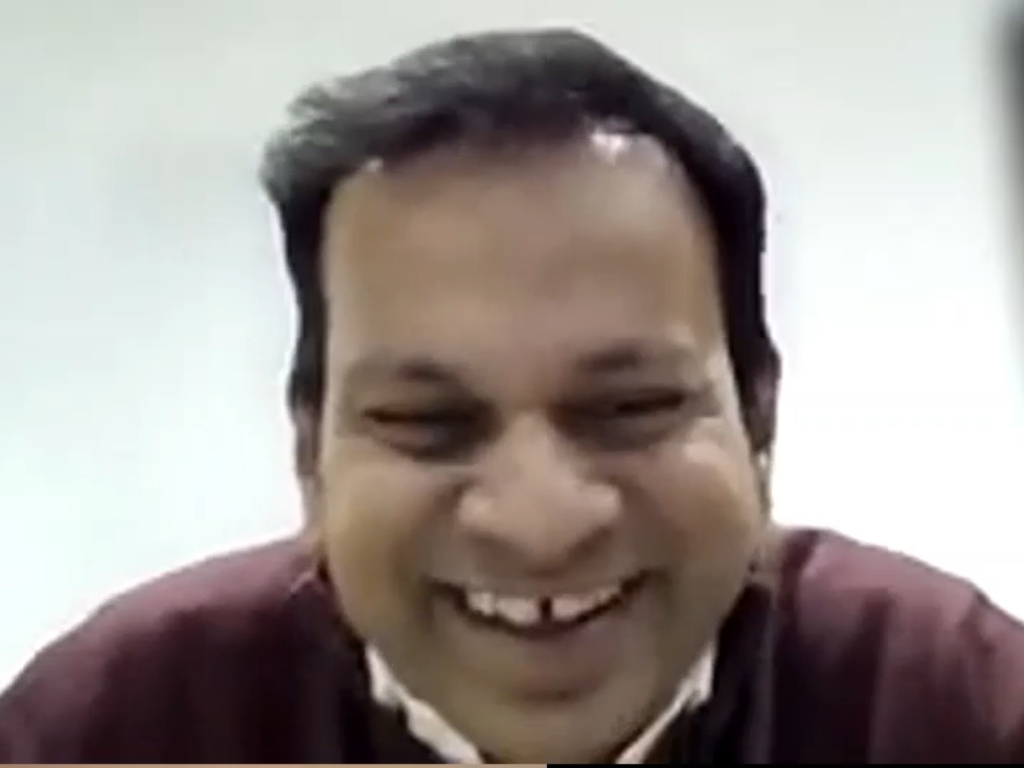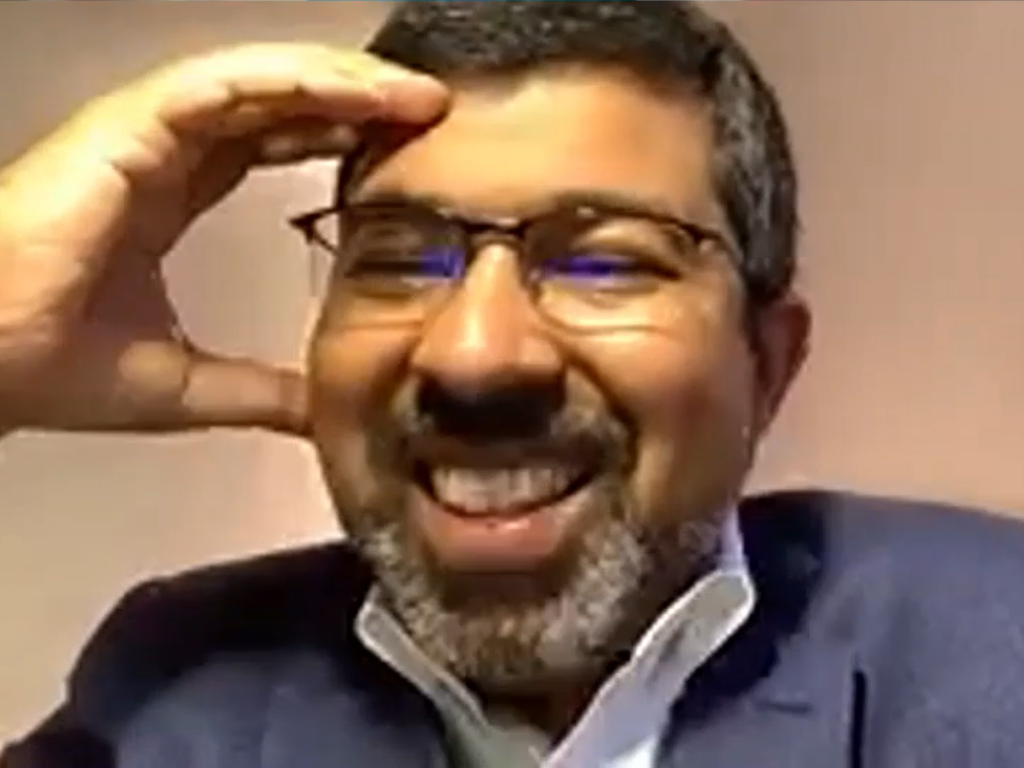BY THERESA CUA
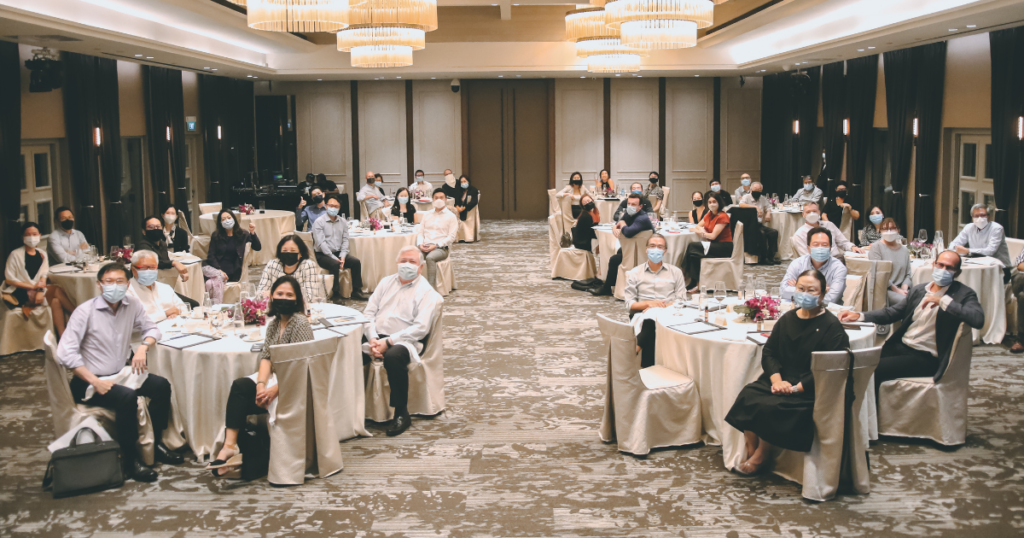
At long last: after two years, APC members were finally able to meet once again at venn last November. In a first-ever hybrid meeting, venn saw its largest gathering yet—with over 60 APC members, family, and guests coming together both in-person in Sentosa, and calling in from across the world for three days of learning, reflection, and discussion.
With the pandemic creating tremendous, rippling changes across society—upending systems, reversing progress on SDGs, pushing many back into poverty—the time is ripe for reflection. What has changed? What have we learned? How do we adapt? How do we build back better, rather than returning to “business as usual”?
It is this hopeful spirit that encapsulates this year’s theme for venn2021: Flourishing People, Planet, and Philanthropy. A response to Adam Grant’s assertion of everyone ‘languishing’ over the pandemic, we at APC wanted instead to have a theme that urges APC members to put thought into building a better future, and what role they may see themselves playing in it.
Over three days, venn2021 featured a dialogue with Singapore Minister for Finance Lawrence Wong on building back better and bending four curves—infection, inequality, demographic, and emissions—needed to build a more inclusive, fairer, greener society post-pandemic. In a full day packed with insights, we launched our APC Philanthropy Guide Series, and also heard from fellow APC members Pierre Lorinet, Minderoo Foundation, and Pang Sze Khai shared their various pathways to scaling programmes; Annette Akman, Simon Flint, and Fernando Zobel de Ayala on how they changed course and pivoted in the midst of their programmes, the pandemic, and failure; and Anthonia Hui, Lionel Li, and Khun Vichien Phongsathorn on their current initiatives, inviting other members to collaborate. Fellow philanthropists Rohini Nilekani and Ashish Dhawan shared their own philanthropic journeys and their lessons in collaborating across sectors to achieve success; and we also heard from Professor Saleemul Huq, who called in straight from COP26, on how we all urgently need to act, and integrate climate into our work.
This year’s venn ended with a first-ever Virtual Site visit with BRAC to Kurigram, Bangladesh to learn more about their Ultra-Poor Graduation Poor programme, which has to date successfully brought over 2.1 million people out of poverty since it began in 2001; as well as finishing with a panel discussion with BRAC’s leaders, Asif Saleh, who heads BRAC in Bangladesh and Shameran Abed, who heads BRAC International.
Eight Lessons for Philanthropists
Over the discussions, several key points emerged—we’ve distilled these down to eight lessons from venn2021 for philanthropists in your quest for a flourishing future:
1. No one can solve problems alone.
If you want to go fast, go alone; if you want to go far, go together. Collaboration is key to addressing solutions to the world’s very complex problems, and this pooling of resources avoids reinventing the wheel, maximising impact, and allowing every party to contribute different strengths for multi-pronged solutions.
To achieve necessary outcomes, philanthropists need to work with each other to maximize limited resources; across sectors—tapping on the government, private sector, and civil society for scale; and also, to co-create with partners and communities on the ground to ensure that solutions work and address the real needs of people.
2. Context matters.
Problems can be universal—but effective solutions must be local. A successful programme requires staying relevant to communities they serve; this requires constantly keeping in touch on the ground and adjusting programme design according to local context and needs. Philanthropists need to avoid “cookie-cutter replication,” listen to what communities want, and avoid simply applying pre-made solutions down a pipeline.
3. Sharing is caring!
Learning is a never-ending process and best shared. In a sector where resources are finite and limited, there is much value in sharing knowledge for other philanthropists and programme partners to learn, avoid repeating mistakes, and opening the way to improve upon existing work and innovate better, more efficient solutions.
4. Change is inevitable. Adaptation is crucial.
Pivot may have been one of the big buzzwords over the past two years, but this can apply even beyond COVID-19 times. Philanthropists are best positioned to be able to adapt nimbly to changing circumstances in order to remain relevant, and to build a culture of learning, questioning, and experimentation.
5. Failure is not the end.
Don’t give up, even if success is partial. With failure comes an opportunity to learn, re-evaluate, and re-do, towards building a stronger programme that works.
6. When working with government, sacrifice gains for the greater good.
Experts advised that working with government is both necessary and tricky. Governments can provide the scale needed to effect change, however, can be sensitive when organisations are perceived to push a political agenda, or seen to steal political thunder.
7. Fund to create opportunities
Philanthropists can go beyond funding programmes, but rather in the strategic creation of opportunities in order to create a fairer, greener, and more inclusive society.
8. Scale, scale, scale.
Philanthropists need to think big—there is no problem too big to solve. Successful scaling requires finding the most efficient model, distributing the ability to solve, building in flexibility for contextual variation, and building an ecosystem of partners that can help sustain and support the programme long-term.
We look forward to meeting everyone once again for next year’s venn2022—and to continue the journey of learning with you.
You can catch the full recordings from venn2021 here, or download the Event Report.

